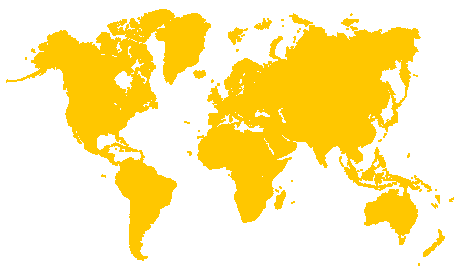Biofuels Means Business: Don't Overlook Their Global Influence
02 July 2012
Today’s expert blogger is Kurt Tyssen, Business Development Manager Biofuels, EAME, Intertek. Kurt is in based in Antwerp and is has been leading the biofuels services business for Intertek within the European region.
What can reduce crude oil import dependency, lower the greenhouse gas (GHG) emissions, while still creating job opportunities and additional sales markets for the agricultural sector? One word: Biofuels. More than ever, biofuels are becoming the most important renewable resource to companies on a global scale. But is there strong support for biofuels? Absolutely. Not only are countries backing the uses of these precious renewables, but government entities are now involved creating programs to regulate them, specifically in mature and emerging markets for the use of biofuels.
Taking a closer look, the EU is driving regulations around biofuels and having a global impact. How?
The Renewable Energy Directive (RED) 2009/28/EC established sustainability criteria for biomass and biofuels used within the European Union. Compared to previous directives, there is now a stronger regulatory framework by introducing legally binding targets for renewable energy at the EU level.
As a result, companies in the 1st generation & 2nd generation biofuel market space have to prove their compliance with sustainability criteria by employing a third-party certification company. The help of a third-party audit can provide the certificate that is mandatory to meet the requirements of one or more sustainability standards. The sustainability criteria of these standards have set criteria with respect to different environmental and social criteria for biofuel chains in and beyond the EU.
Do you have a question about the RED or would like to know more about the standards and regulations for biofuels? If so, please leave a comment below.
Tags: Energy | Energy | Kurt Tyssen | Renewable Energy



